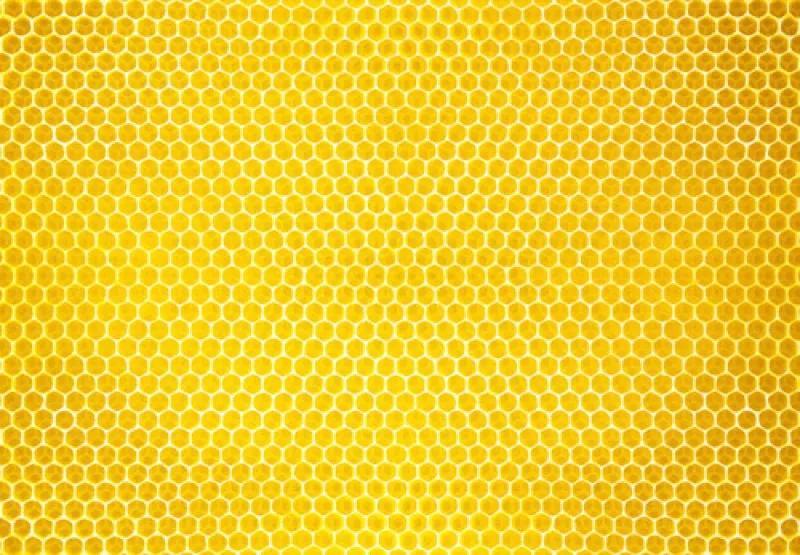
Since ancient times honey has been considered a natural food with the highest nutritional value for man. From Homer to Hippocrates and from Pythagoras to Aristotle, honey was extolled for its high qualities and significance in promoting good healthing in people. Science has confirmed popular believes about honey. In modern times excavation in Egypt brought to light papyrus records dating from 3600BC where honey is mentioned as therapeutic medium for scores of aliments. For the renowned Mediterranean nutrition, particularly for the Cretan diet, honey is one of the more precious ingredient that contributes to the longevity of Cretans.
Properties
Honey is one of the gift of nature to man. It comes through natural process of equally pure materials, nectar, pollen, etc. Today honey is valued as precious food that invigorates the human body. More than 180 substances of high biological significance have been identified in honey.
The contrary, a spoonful of honey contains only 23 calories. Greek, in particular Cretan honey is of excellent quality owing to the particular morphology of the Greek/Cretan terrain wild herbs and plants, scented hills, temperate weather conditions. The rich efflorescence of the variegated flora provides a most favourable background for bee-keeping. The abundance of the aromatic herbs and indigenous plants of Crete contribute to production of honey locally that is distinguished for its clarity, colour and rich taste. Honey has antiseptic qualities and is highly recommended for all people, of all ages.
Types of honey
Two excellent types of honey, both distinguished for their aroma, taste and high nutrition value are: pine tree (pefkomelo) and flower (anthomelo) honey. A third type, rather than a subcategory of the latter type is the thyme type, which is on high demand owing to its pleasant aroma.



Airbnb superhost since 2014

Hellenic Association
of Travel & Tourist Agencies
